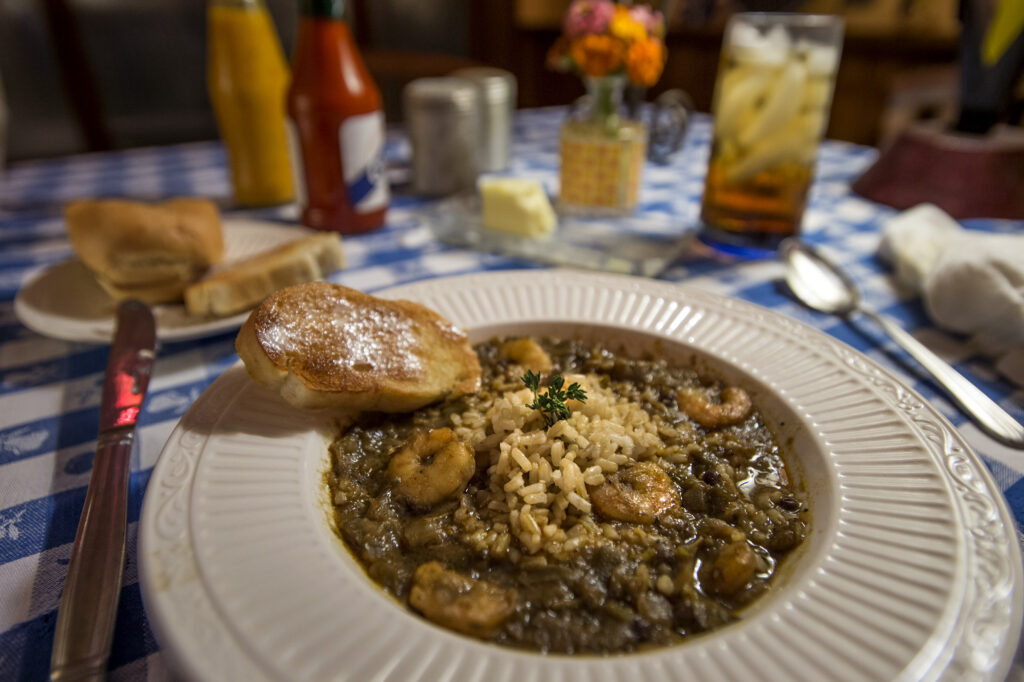Thoughts on the Future of Hospitality and Tourism
The Lepage Center’s Strategic Advisers program connects Tulane students and recent graduates with New Orleans area entrepreneurs and small business owners who have been affected by the COVID-19 pandemic. The advisers are working for the businesses full-time for 10 weeks during the summer of 2020, providing immediate services based on each business’s specific needs.
The strategic advisers meet weekly via video conference to discuss what’s going on at their companies and to learn from one another. Last week we discussed the future of the hospitality and tourism industries. This is a topic of great importance to the local economy in New Orleans, in which the advisers are currently working. For this discussion, advisers were asked how they think the hospitality and tourism industries will evolve in the near-term and beyond the current pandemic. Below are some of their thoughts:

"Hotels have become these large full-service entities that have spas, concierges, restaurants, and pretty much anything else that you may need. Prior to the pandemic we had already seen how many people (mostly young people) had begun using Airbnb for their trips as opposed to traditional hotels. Following the pandemic, I believe that we will see even more of this, so much so, that I believe many hotels will be converting to this style. This means self-check-in (goodbye front desk), kitchens in rooms, and other adjustments to where your stay has the least amount of contact as possible with workers and other patrons."
"Restaurants, bars, and other businesses predicated upon social interaction had been trending towards putting more patrons in smaller areas. The idea was that the hospitality industry should facilitate interaction between customers by packing plenty people into small spaces. However, businesses now face a variety of rules and regulations regarding occupancy. Tables are 6 feet apart, servers wear masks, and bars are closed. The hospitality Industry has been forced to overcome these challenges while still trying to maintain the social interaction that its customers value."
"Unfortunately, I can see a future where tourism becomes significantly more expensive and exclusive because of the extra safety measures that companies are required to take. The flip side of this however is that travelers with less means will become more exposed and endangered if they can’t afford the means to travel safely."
"I think hospitality was an industry nobody could foresee taking a hit in any way. It was assumed people would always need restaurants and hotels/accommodations, and with the ease of travel due to information and marketing on social media, companies like Airbnb and trendy restaurants alike were seemingly on a fast path to growth and success."
"Prior to the COVID-19 pandemic, I think hospitality and tourism were going to become more enmeshed with the world of tech. For example, in recent years, restaurants have been utilizing "iPad-like" monitors for ordering and customizing food options in lieu of person to person interaction, application usage to locate Lime scooters and similar products to explore new cities have skyrocketed, hotels have installed devices similar to the Alexa, and so on."
"The rise of third party delivery services has increased the likelihood of establishments being able to make the bare minimum to stay open. The problem with this new lifestyle is that restaurants are forced to give up their already thin margins for even thinner ones. Delivery platforms can take up to 30% of the list price of an order from a restaurant. This is not a system that can flourish in uncertain conditions."
"Some restaurants have become creative with menu offerings, such as Canlis, a fine dining establishment in Seattle, which has closed its indoor facility and ditched its “fancier” foods for comfort foods, such as burgers and shakes, that are sold in its parking lot. It has also introduced a temporary drive-in movie theater with unlimited snacks (like popcorn and ice cream sandwiches) for $50, donating the proceeds to local charities. In other words, restaurants and bars are doing all they can to generate revenue and keep customers coming back."
"If the success of the hospitality industry before the pandemic was defined by accessibility, the hospitality industry post pandemic will be defined by exclusivity. Restaurants who once offered 5:00 happy hours have now been forced to abandon such business models. Restaurants can no longer afford to offer cheap deals to attract the masses when restaurant capacity is limited to 25%. The downfall of the cruise industry represents the same problem. In recent years, cruises offered a relatively cheap option for vacationers looking to get away. The cruise companies could provide a cheaper vacation by filling their boats to full capacity. In the post-covid world, vacationers and restaurant goers will have to spend extra in order to enjoy the same amenities."
Interested in advancing your education and/or career? Learn more about Freeman’s wide range of graduate and undergraduate programs. Find the right program for you.
